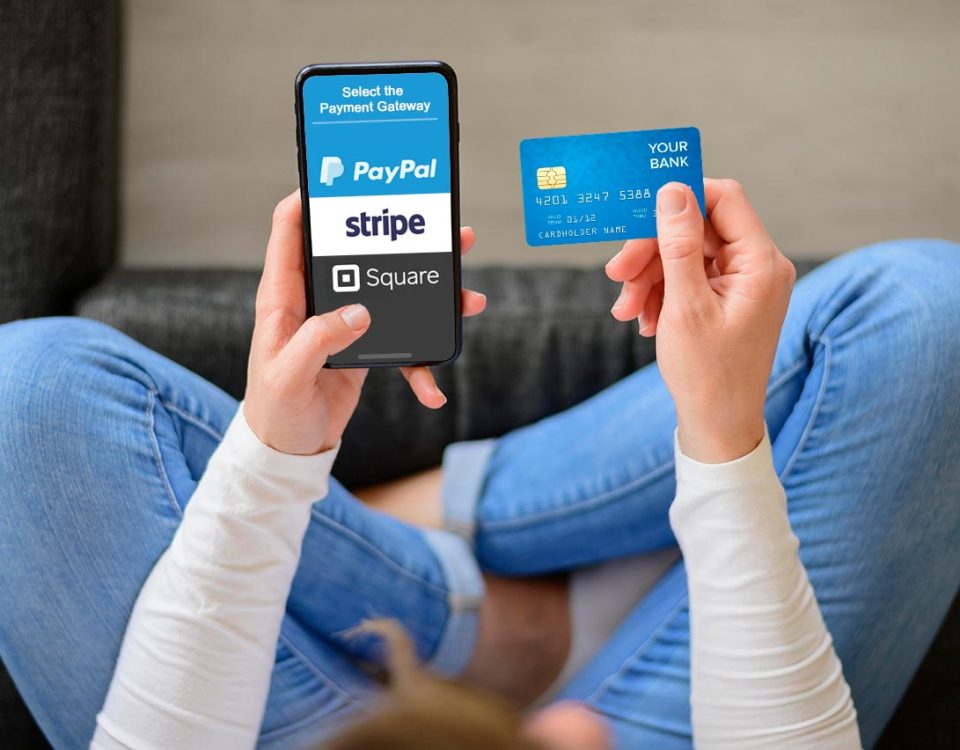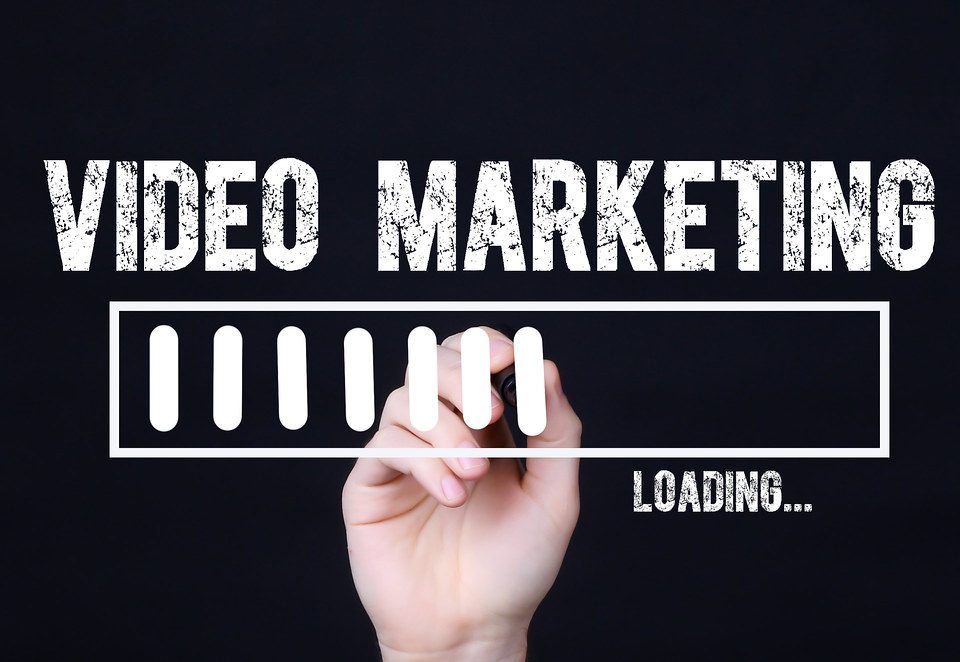- Irish Pakistani ICT Professional in Ireland
- info@ipip.ie
Digital Business Card: A Modern Analysis on its Effectiveness in a Digital Age

Why DevOps is important for any organisation?
April 18, 2023
Lights, Camera, Customers: The Ultimate Guide to Making Video Marketing Work for Your Small Business
May 6, 2023
A physical business card is a tangible item that can be held, touched, and physically exchanged between individuals. It is limited in its capacity for information and can easily be lost, damaged, or forgotten. A physical card requires constant updating, reprinting, and redistribution to keep the information current. physical business cards are not without their drawbacks. They also require constant reprinting and updating, leading to unnecessary expenses and waste.
On the other hand, a digital card is a virtual representation of an individual’s contact information that can be easily shared and accessed on any digital device. It is highly customizable and can contain a wealth of information beyond just basic contact details. A digital card is easily updatable and can be shared with a wider audience through various digital platforms. It is also eco-friendly, eliminating the need for printing and paper waste.
A physical card may have sentimental value and a sense of tradition, a digital card offers more convenience, flexibility, and functionality in the modern age of technology.
For decades, the traditional physical business card has been a staple in the professional world. It is a tangible and personal representation of an individual’s brand, an extension of their identity. Yet, with the rise of digital technology and virtual communication, the relevance and effectiveness of physical business cards have come into question. In this article, we will explore the facts, figures, and analysis of physical business cards and why it is time to start using digital business cards instead.
The Facts:
70% of business cards are thrown away within two days of being received. According to a survey conducted by Statistics in 2020, 61% of respondents reported using physical business cards to network, compared to only 16% who used digital business cards. However, this may be changing as the same survey found that 54% of respondents also believed that digital business cards would eventually replace physical cards.
The Analysis:
In today’s fast-paced, digital age, individuals want quick, seamless, and convenient ways to network and exchange information. Physical business cards do not meet these expectations. With the rise of contactless communication and remote work, physical business cards have become less relevant, and digital business cards have become the preferred alternative.
Digital business cards offer a wide range of benefits, including accessibility, customization, and eco-friendliness. They can be easily shared via email, messaging apps, and social media, making them accessible to a wider audience. Digital business cards can also contain more detailed information than a physical card, including links to social media, websites, and portfolios. Additionally, they are highly customization, allowing individuals to create a unique and memorable digital presence. Finally, digital business cards are eco-friendly, reducing paper waste and environmental impact.
The Conclusion:
While physical business cards have been a long-standing tradition in the professional world, the rise of digital technology and virtual communication has rendered them outdated and ineffective. Digital business cards offer a more convenient, accessible, and eco-friendly alternative. As individuals strive to stand out in a competitive market, a unique and memorable digital presence is crucial. It is time to embrace the future of networking and adopt digital business cards as the new norm.
Atif Bangash
atifbangash@erdsolutions.ie
www.erdsolutions.ie




